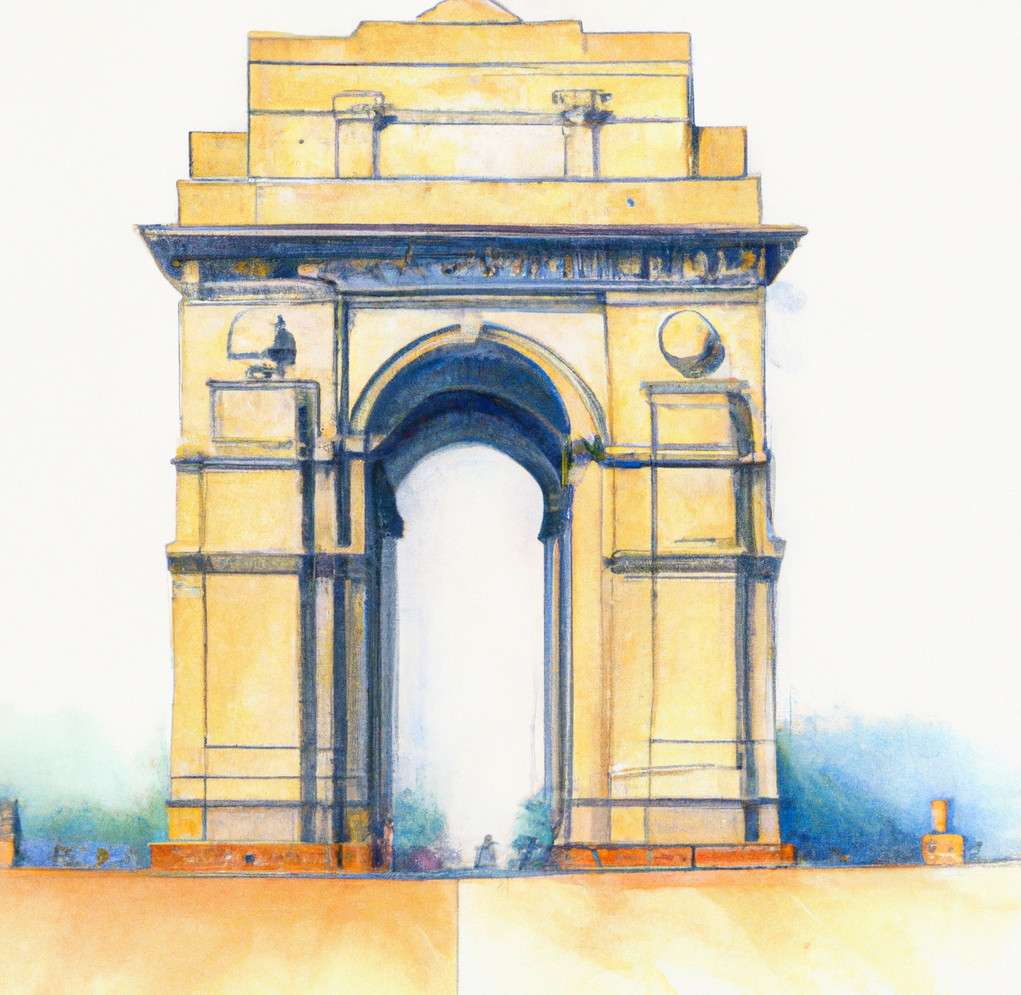Indian Friendship: A Celebration of Loyalty, Support, and Equality
In Indian culture, friendship holds immense significance. It is not merely a casual relationship but is revered as a bond that transcends time and space. Exploring the concept of Indian friendship allows us to delve into the rich historical and cultural context, understand its unique characteristics, and appreciate the various types of friendships that flourish in India. Furthermore, we can examine the challenges and modern influences on Indian friendship and draw inspiration from famous Indian friendships that have left a lasting impact.
I. Historical and Cultural Context of Indian Friendship
Ancient Indian scriptures and epics, such as the Mahabharata and the Ramayana, have laid great emphasis on the value of friendship. These texts contain numerous instances where friendship plays a crucial role in shaping the destinies of the characters. Lord Krishna, in the Bhagavad Gita, imparts profound teachings on friendship, highlighting its importance in leading a righteous life. Moreover, Indian philosophy, including Hinduism, Buddhism, and Jainism, acknowledges the concept of “mitrata” or friendship as an integral part of spiritual growth.
II. Characteristics of Indian Friendship
Loyalty and trust form the bedrock of Indian friendships. Mythological friendships, such as that of Krishna and Sudama, exemplify unwavering loyalty. Trust is essential, as it allows individuals to confide in their friends and seek guidance during challenging times. Emotional support is another vital characteristic of Indian friendships. Friends share both joys and sorrows, providing a shoulder to lean on. The concept of “sangha” or community further strengthens Indian friendships, creating a sense of belonging and support.
III. Types of Indian Friendship
Indian friendships often begin in childhood and continue to thrive throughout one’s life. Childhood friendships are nurtured from an early age and are reinforced through cultural festivals and celebrations. College and university friendships hold great significance in India, as they offer shared experiences and help individuals navigate the challenges of higher education. Work and professional friendships are essential for networking and creating social connections within Indian workplaces. Striking a balance between the personal and professional aspects of these friendships is crucial.
IV. Friendship Rituals and Celebrations in India
Friendship Day is widely celebrated in India, with origins dating back to the 20th century. On this day, friends exchange gifts and tokens of affection, expressing their love and appreciation. Raksha Bandhan, a unique festival celebrating the bond between siblings, also showcases the essence of friendship. Sisters tie a sacred thread called “rakhi” on their brothers’ wrists, symbolizing their love and protection. These rituals and celebrations serve as reminders of the deep-rooted traditions that foster and strengthen friendships in India.
V. Challenges and Modern Influences on Indian Friendship
Westernization has brought about changes in the dynamics and expectations of Indian friendships. With evolving lifestyles, individuals are often pressed for time, affecting the depth and quality of friendships. Additionally, social media has both positive and negative impacts on Indian friendships. While it facilitates easy communication and connection, it can also create a sense of superficiality and comparison. Cross-cultural friendships are on the rise in India, enabling cultural exchange and learning, but they also come with their own set of challenges.
VI. Famous Indian Friendships
Indian history is replete with examples of legendary friendships that have left an indelible mark. The friendship between Mahatma Gandhi and Jawaharlal Nehru played a pivotal role in India’s struggle for independence. Rani Padmini and Rani Karnavati’s friendship showcased bravery and loyalty during the Rajput era. In contemporary times, Bollywood celebrities have forged enduring friendships, standing by each other through thick and thin. These friendships serve as inspirational stories, reminding us of the power and importance of true Indian friendships.
VII. Conclusion
Indian friendship is a treasure that should be cherished and celebrated. Its characteristics of loyalty, support, and equality make it a beautiful bond that withstands the test of time. Despite the challenges posed by modern influences, Indian friendships continue to thrive, providing solace, guidance, and companionship. By understanding the historical and cultural context, appreciating the various types of friendships, and drawing inspiration from famous Indian friendships, we can truly embrace the spirit of Indian friendship and foster meaningful connections in our own lives.
Keywords: Indian friendship, loyalty, trust, emotional support, childhood friendships, college friendships, work friendships, Friendship Day, Raksha Bandhan, challenges, modern influences, cross-cultural friendships, Mahatma Gandhi, Jawaharlal Nehru, Rani Padmini, Rani Karnavati, Bollywood celebrities, conclusion.
